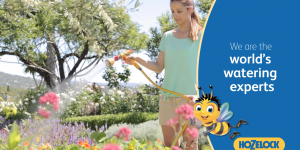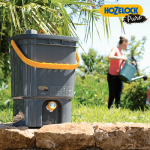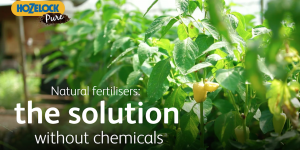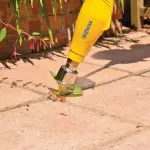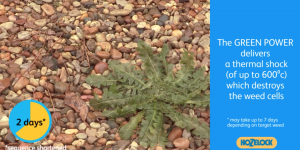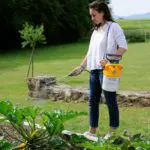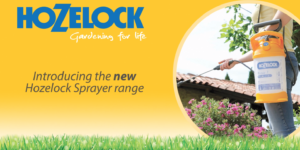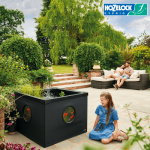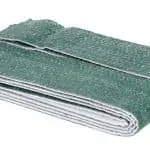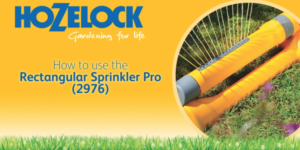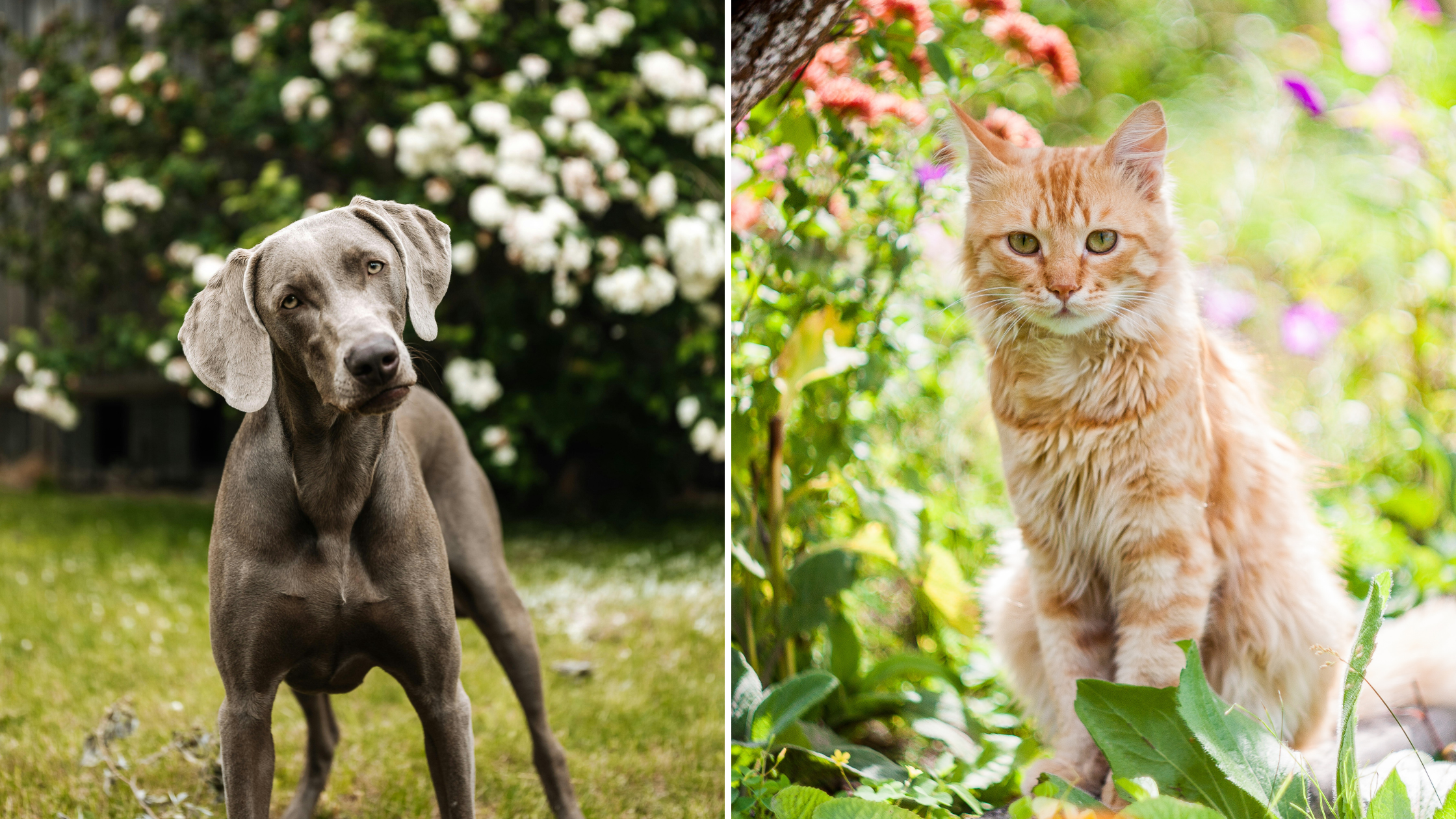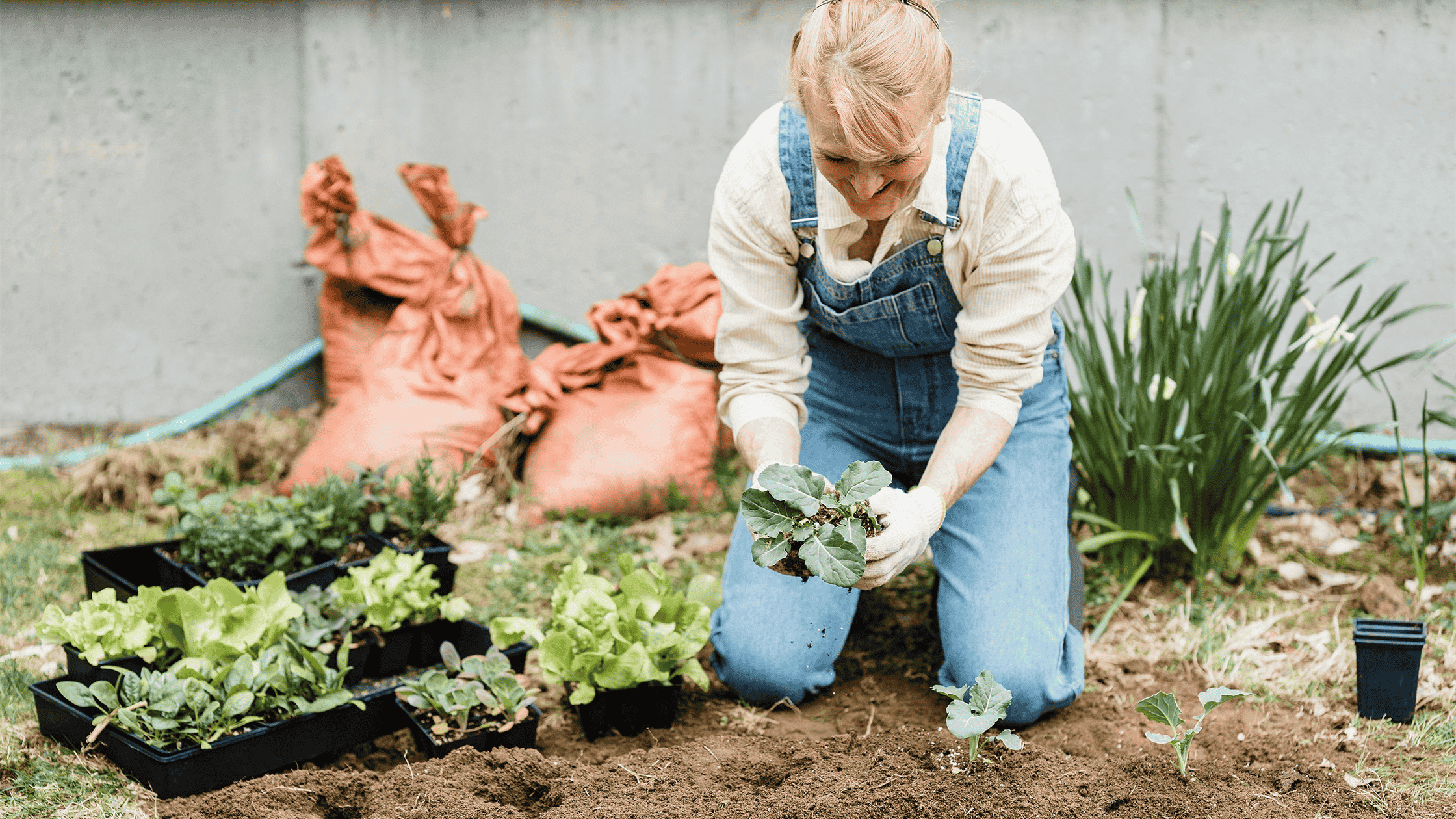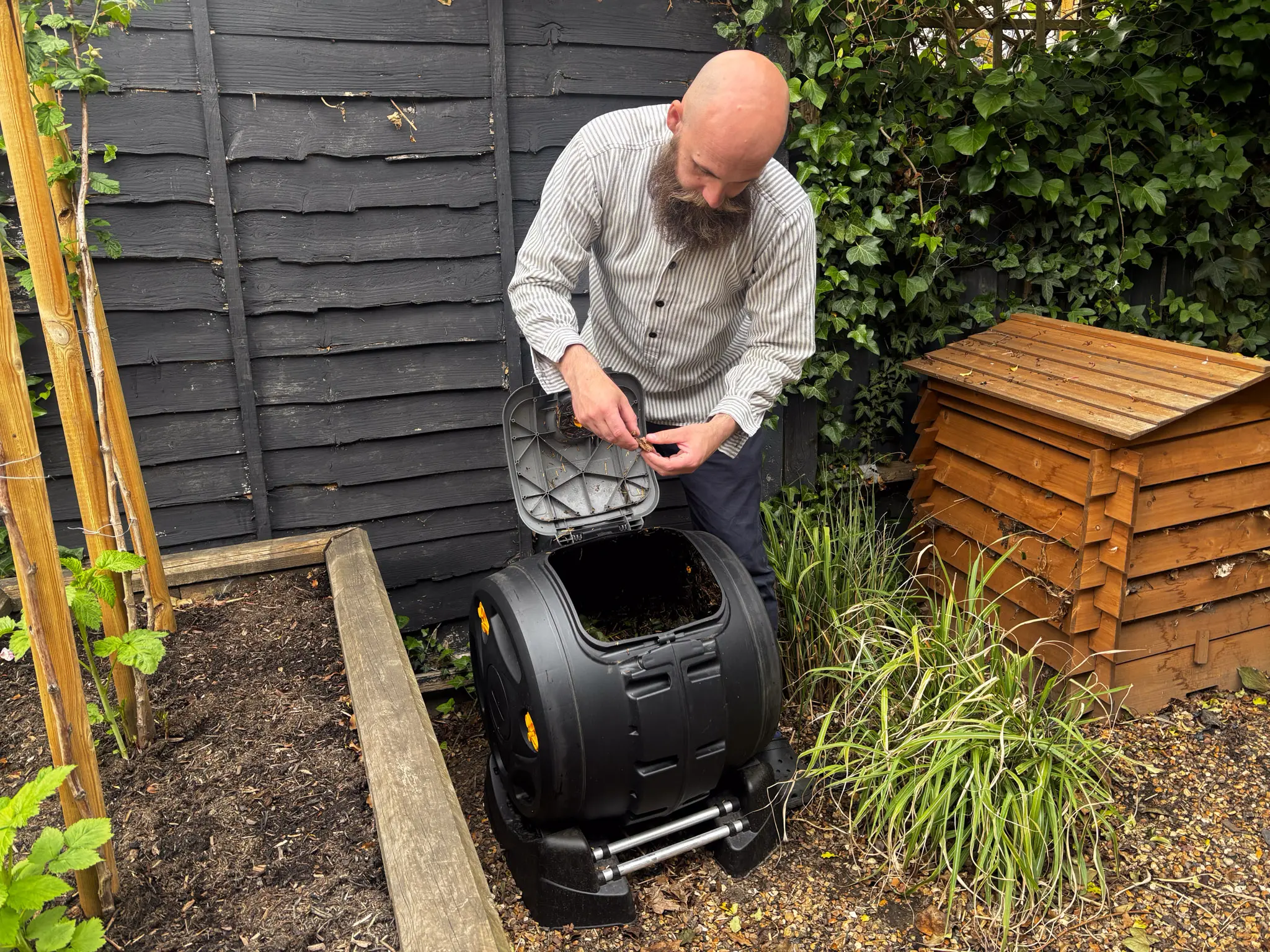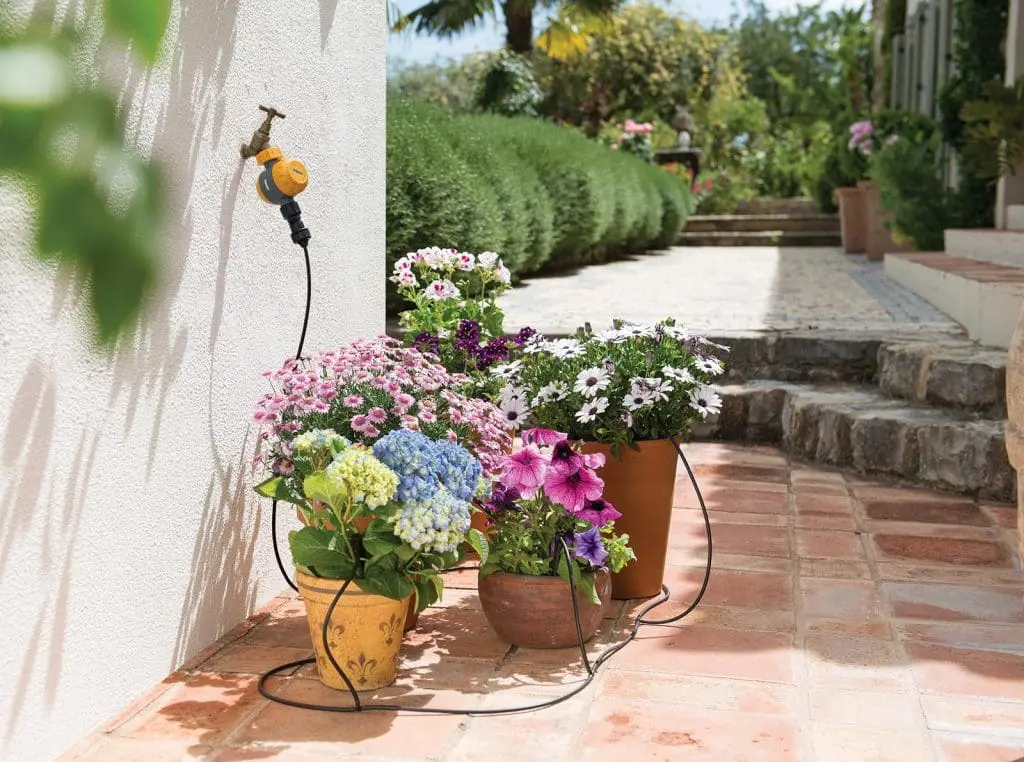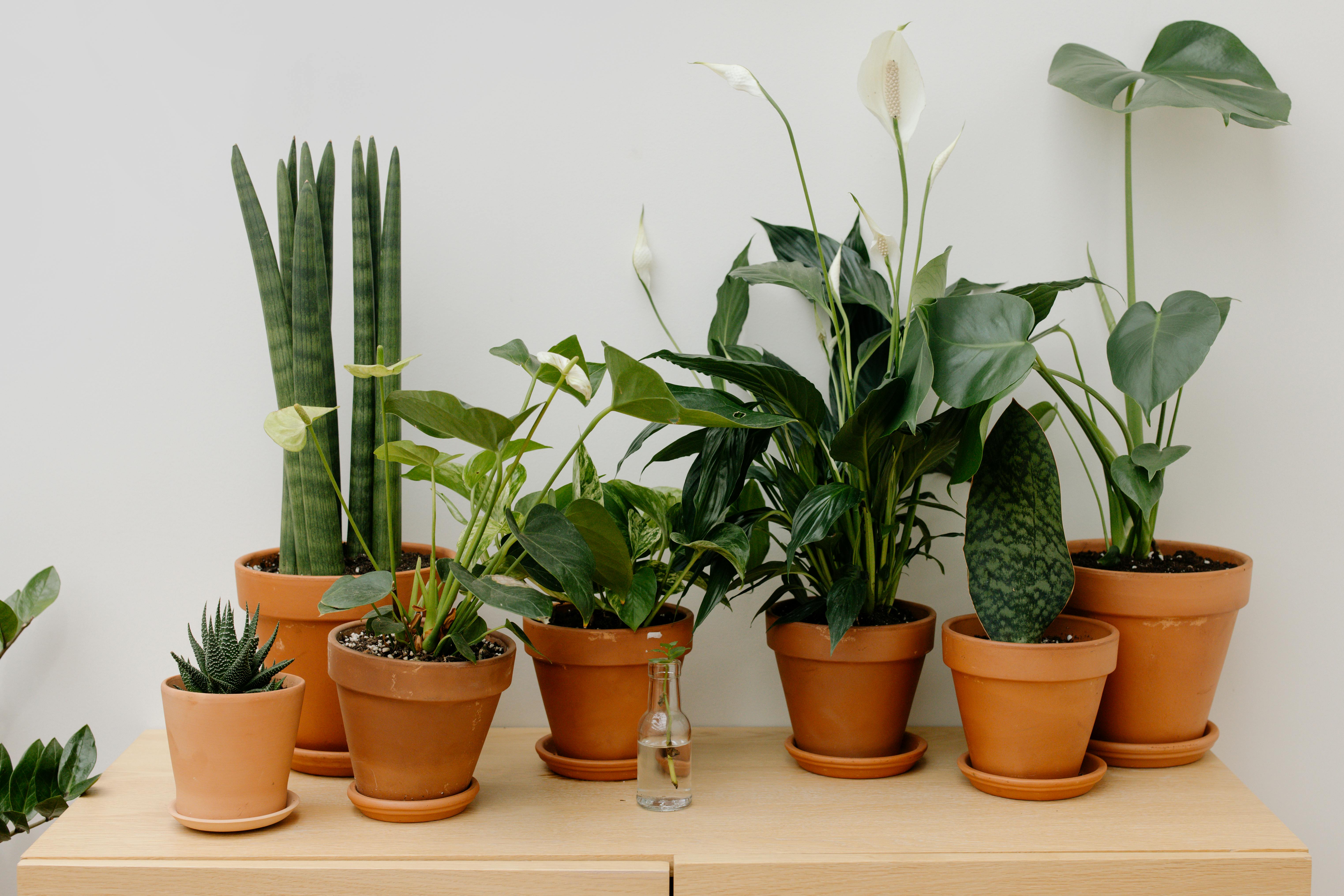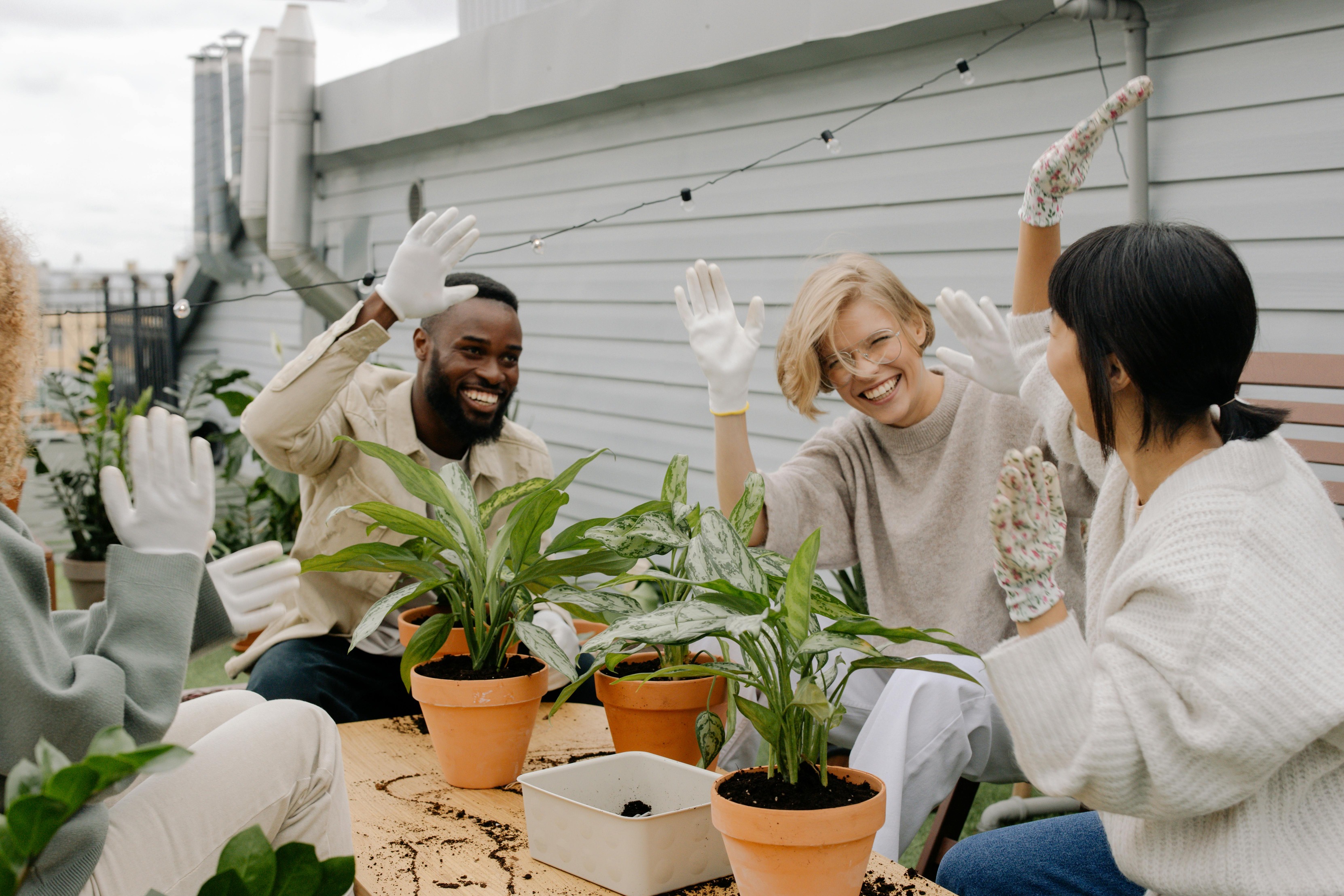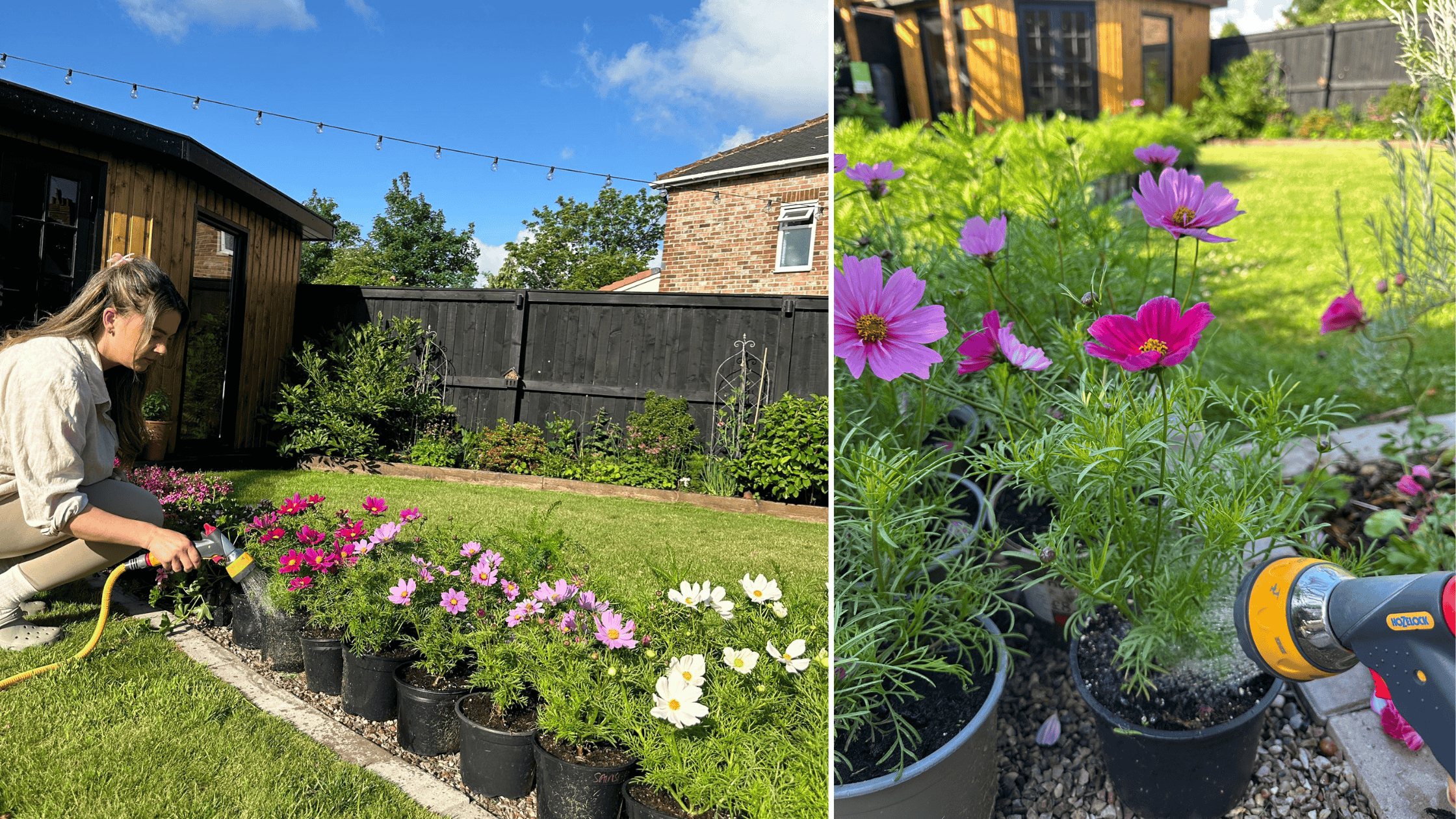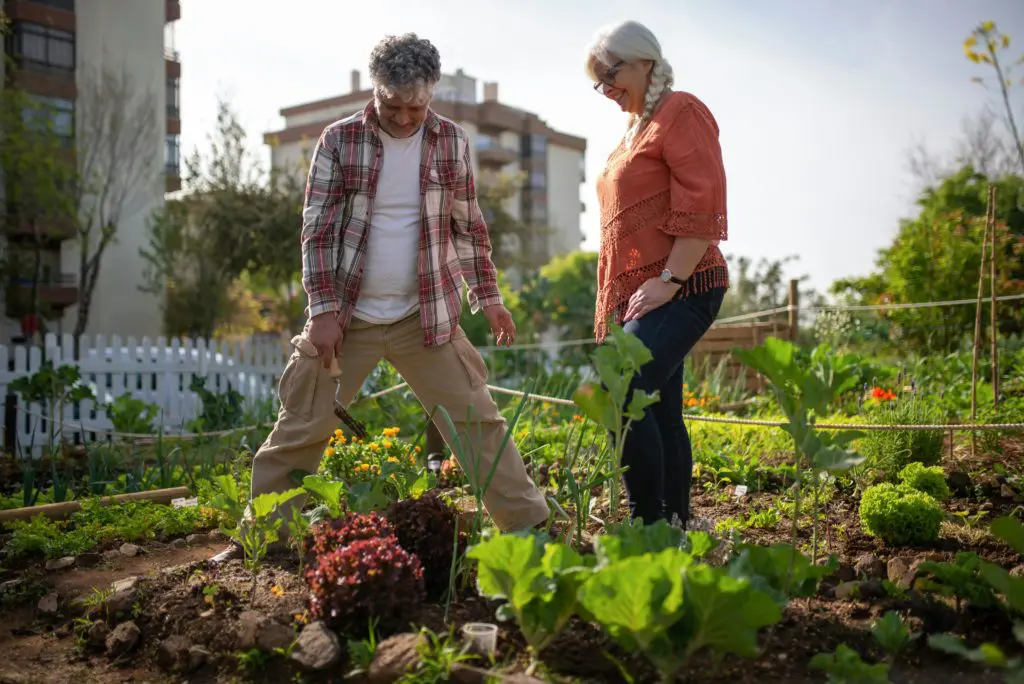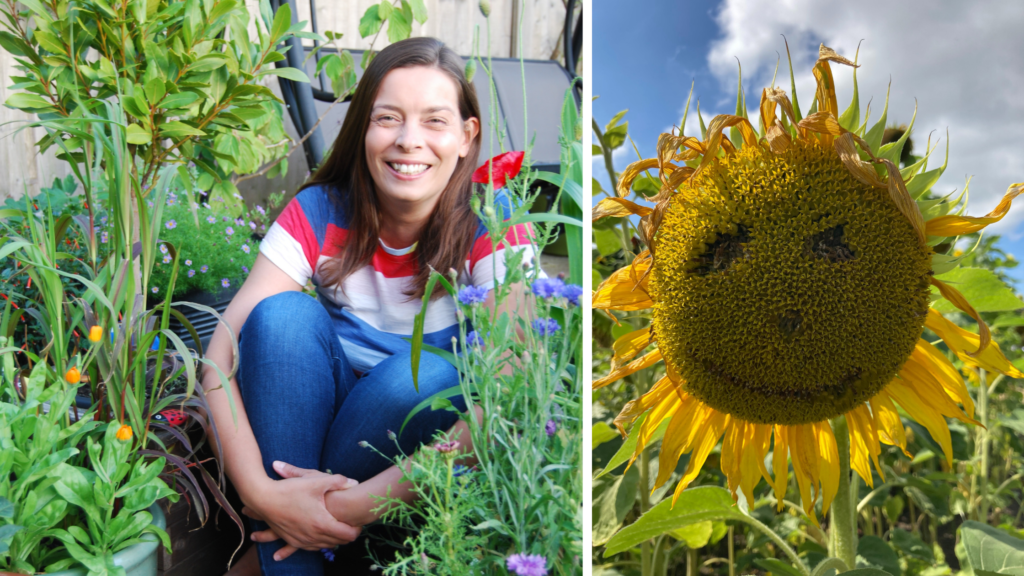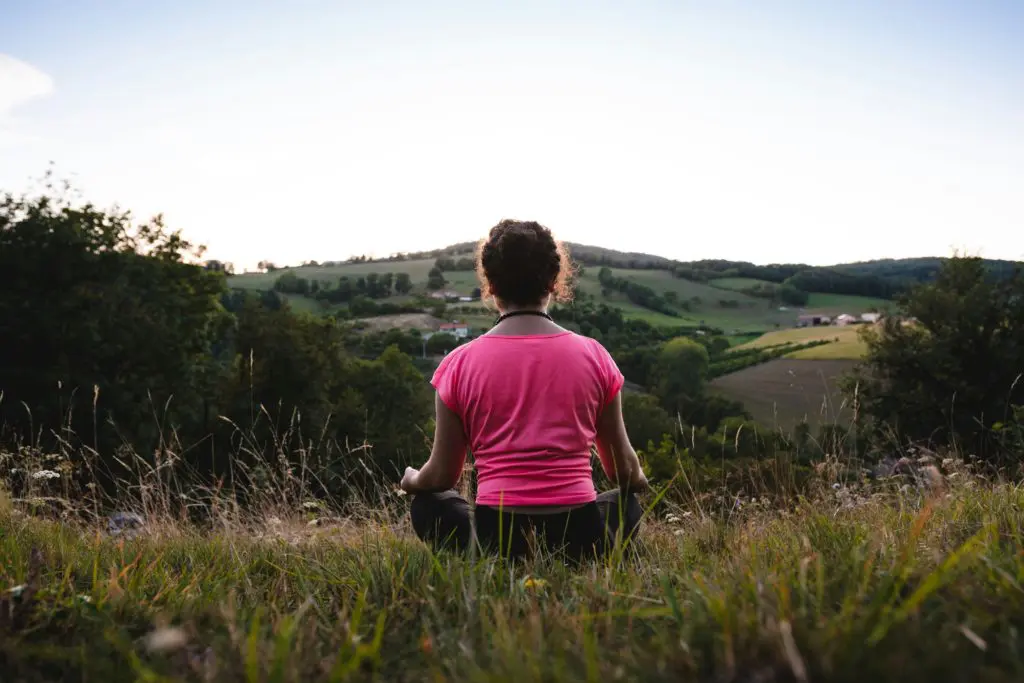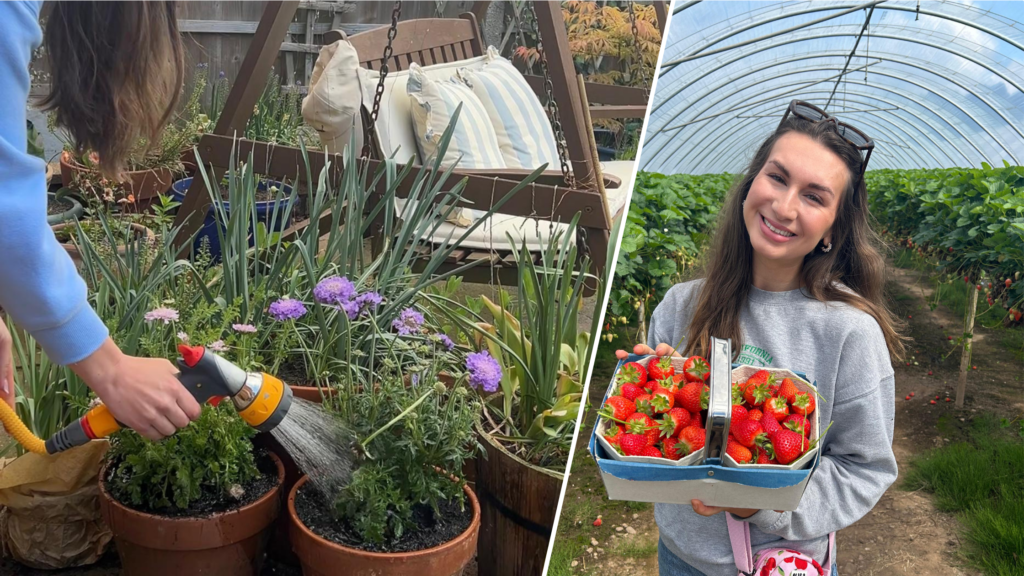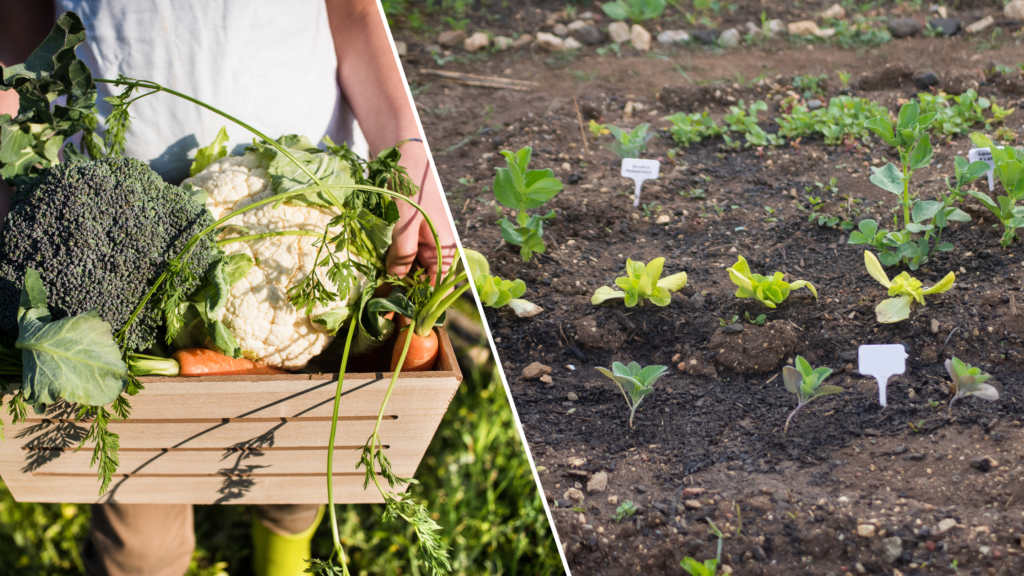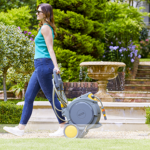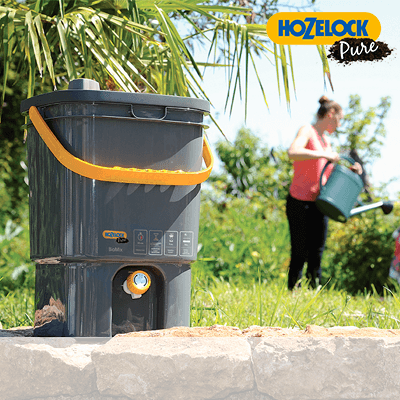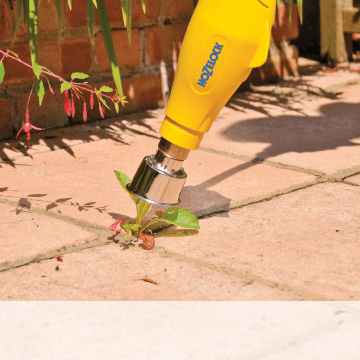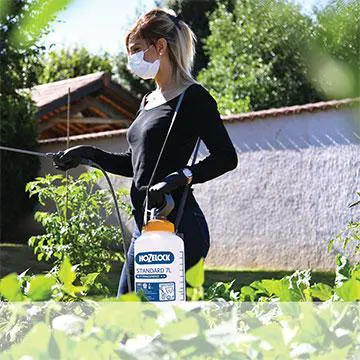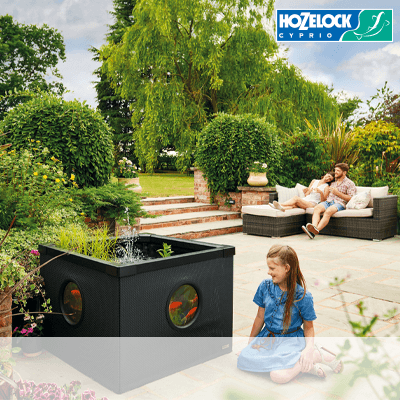Houseplants and garden greenery bring joy, beauty, and a touch of tranquillity to our lives. But for those of us with pets, ensuring our indoor and outdoor spaces are pet-friendly is just as important as making them beautiful.
Many common plants can be toxic to cats and dogs, so it’s essential to choose greenery that is both stunning and pet friendly.
Here’s a guide to help you create a lush and safe home for both you and your four-legged companions.
Top Pet-Friendly Houseplants
Lush Greenery for Indoors
If you love foliage, consider these non-toxic indoor plants:
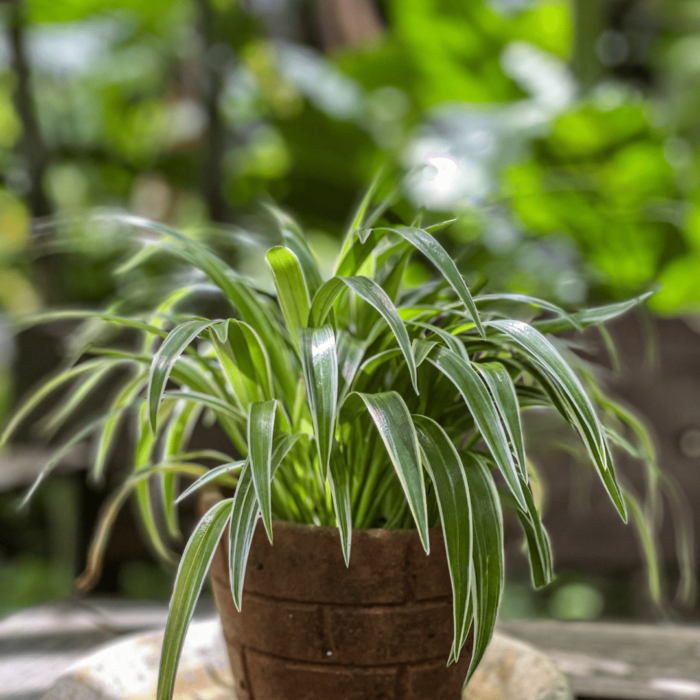
Spider Plant
A great choice for hanging baskets. Safe and easy to care for.
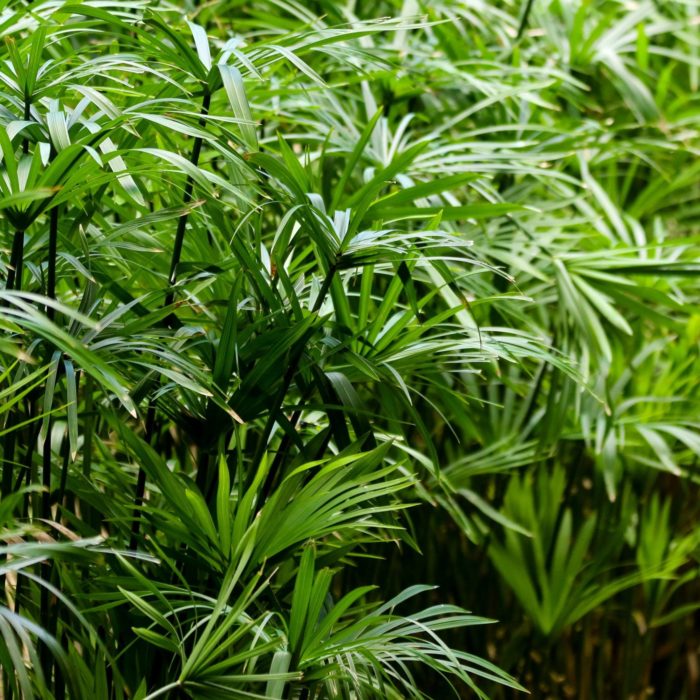
Areca Palm
A lovely palm that adds a tropical feel without posing a risk.
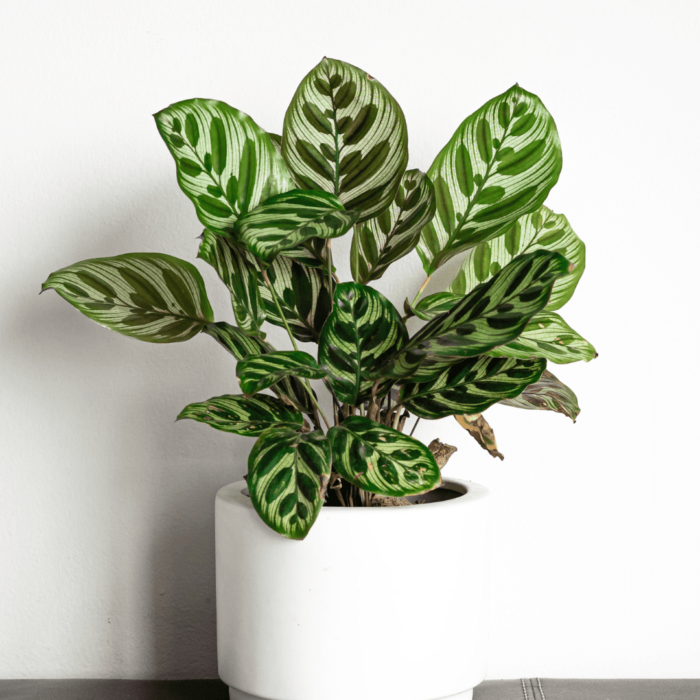
Calatheas
These vibrant and patterned plants are safe and add a striking touch to any room.
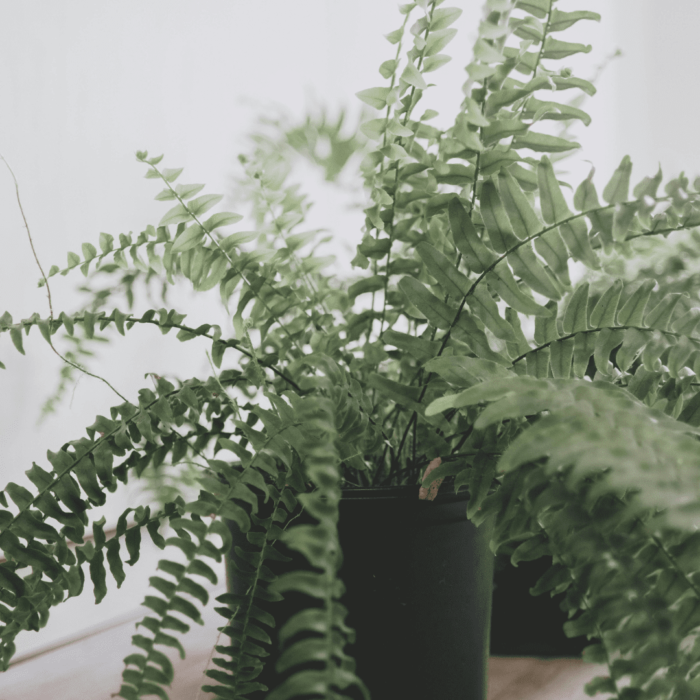
Boston Fern
A hardy and pet-friendly fern perfect for shaded indoor areas.
Flowering Houseplants
Brighten up your indoor space with these pet-friendly options:
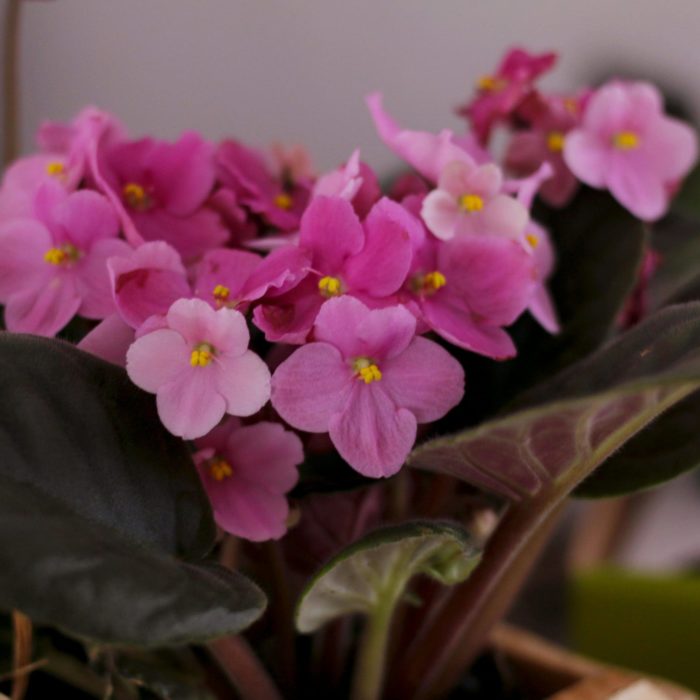
African Violets
Low-maintenance and beautiful.
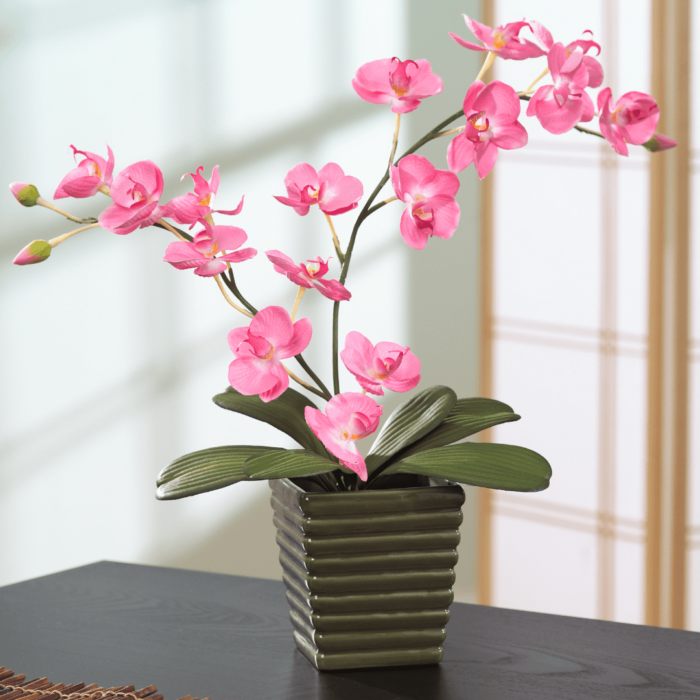
Orchids
Elegant and safe for pets.
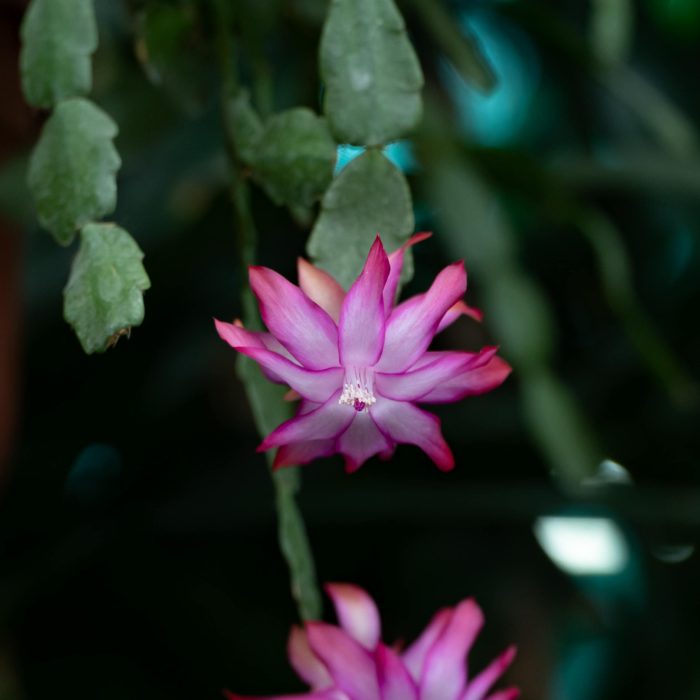
Christmas Cactus
A seasonal favourite that’s safe for pets.
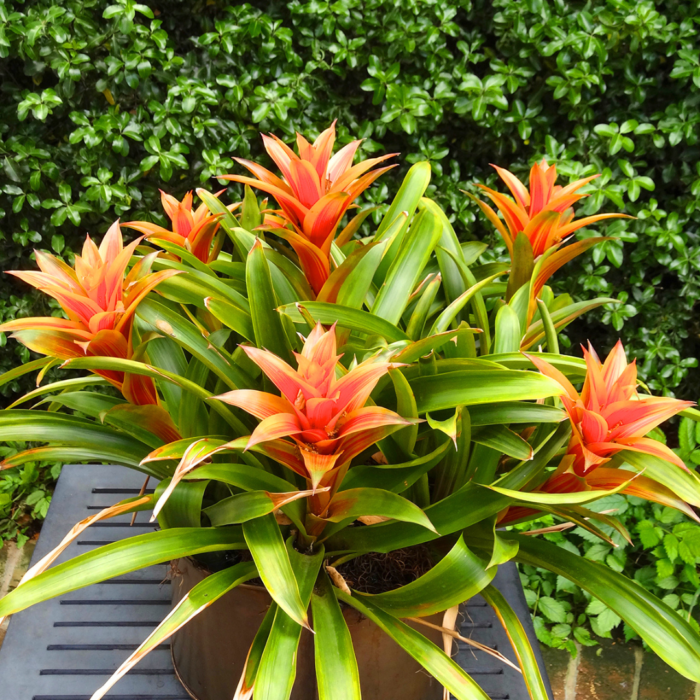
Bromeliads
Colourful and safe for curious pets.
Top Pet-Friendly Outdoor Plants
Herbs and Edibles
Many herbs not only add delightful aromas and flavours to your cooking but are also safe for pets. Consider planting:
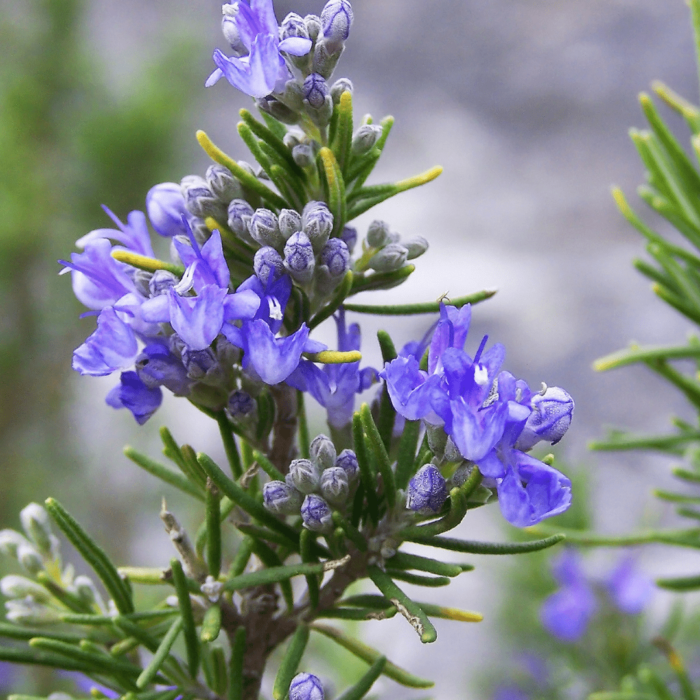
Rosemary
A fragrant herb that’s safe for dogs and cats.
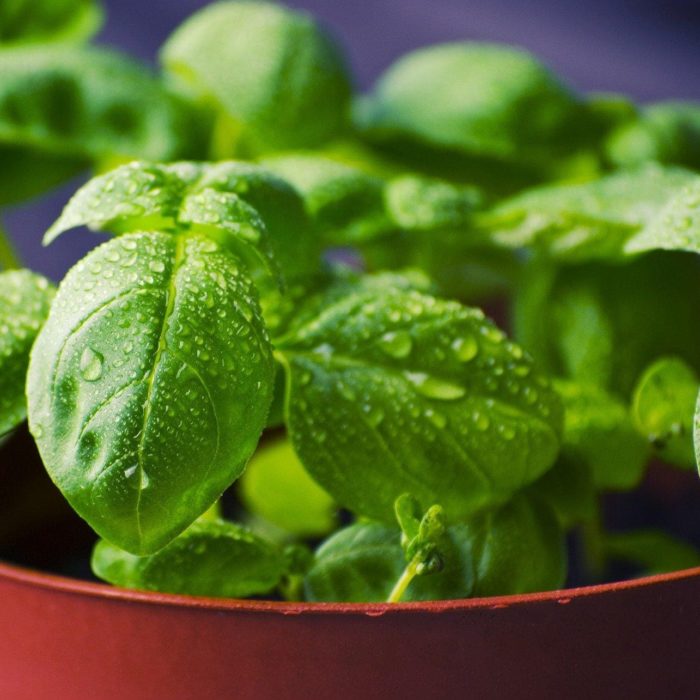
Basil
Great for cooking and non-toxic to pets.
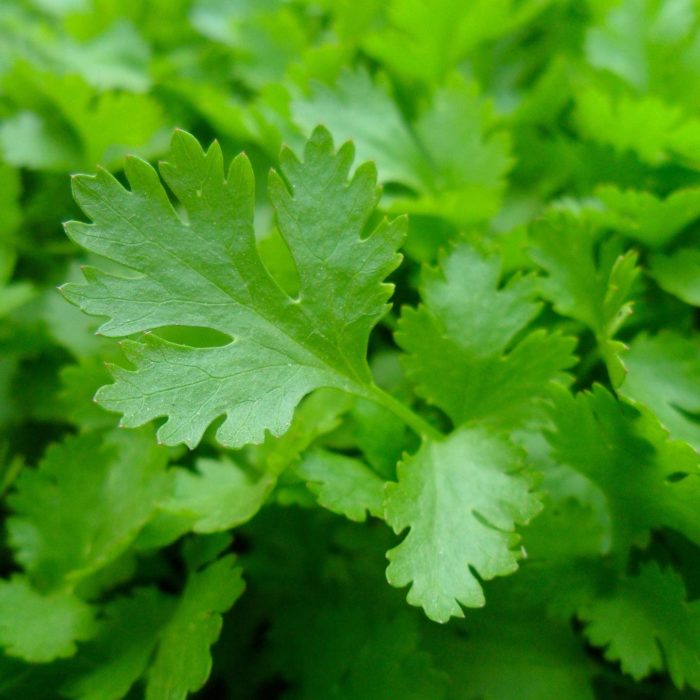
Parsley
A lovely garnish and safe in moderation.
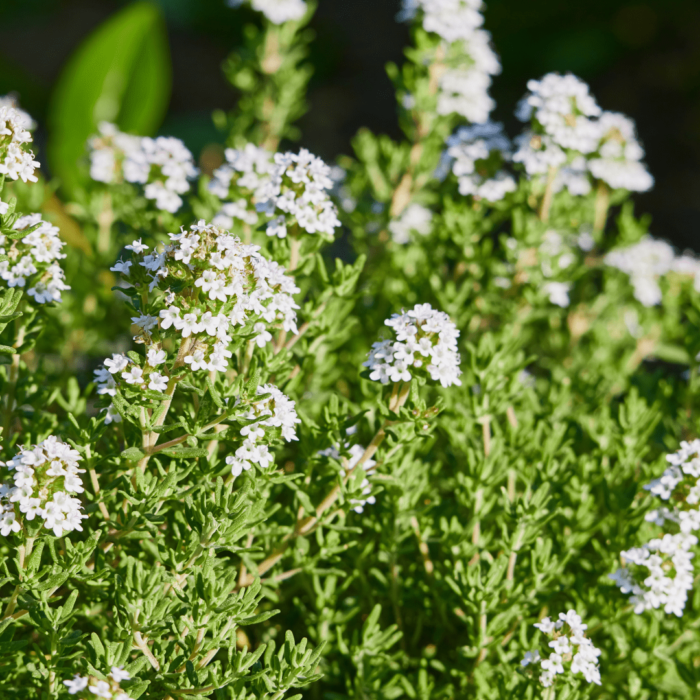
Thyme
Hardy, aromatic, and safe for your furry friends.
Garden Flowers
Add colour to your garden with these pet-friendly blooms:
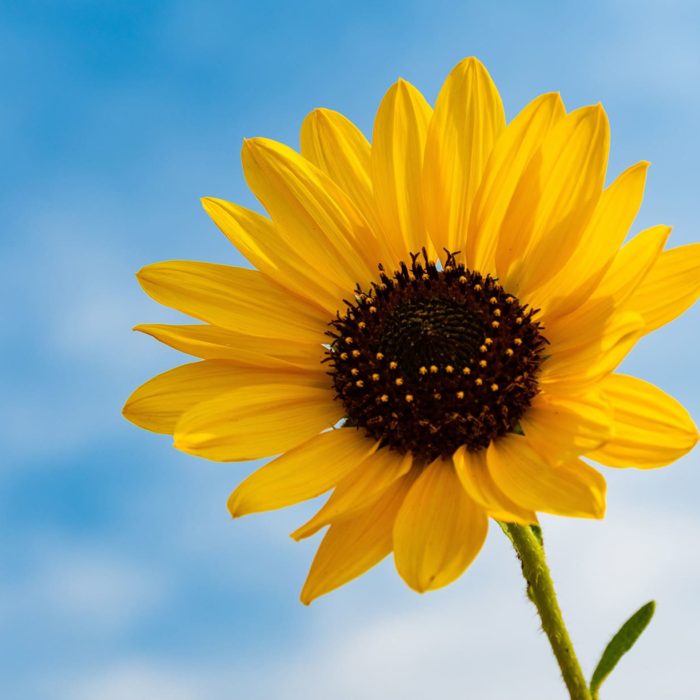
Sunflowers
Cheerful and entirely safe for pets.
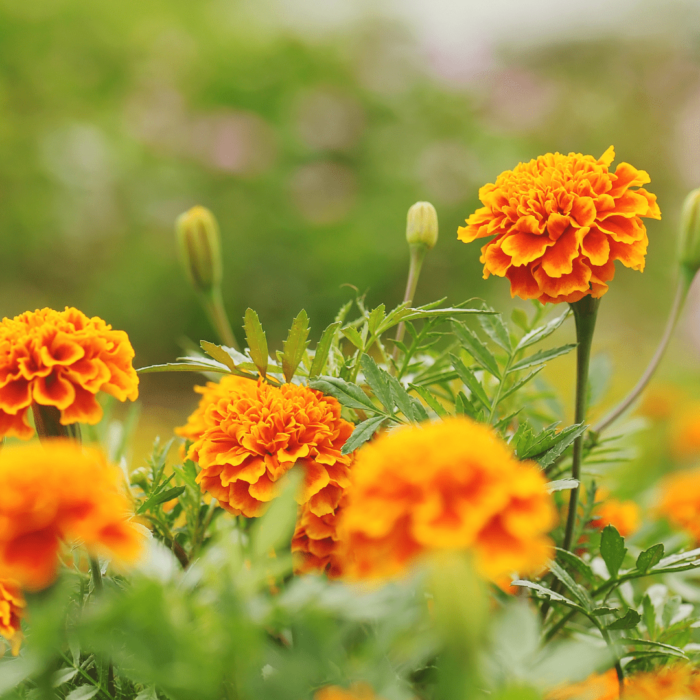
Marigolds
Generally safe, but large amounts may upset digestion.
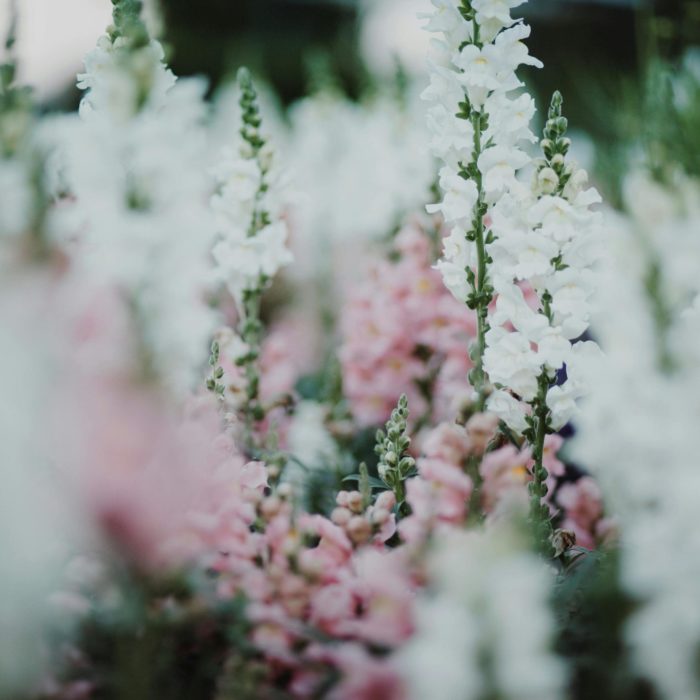
Snapdragons
Beautiful and completely non-toxic.
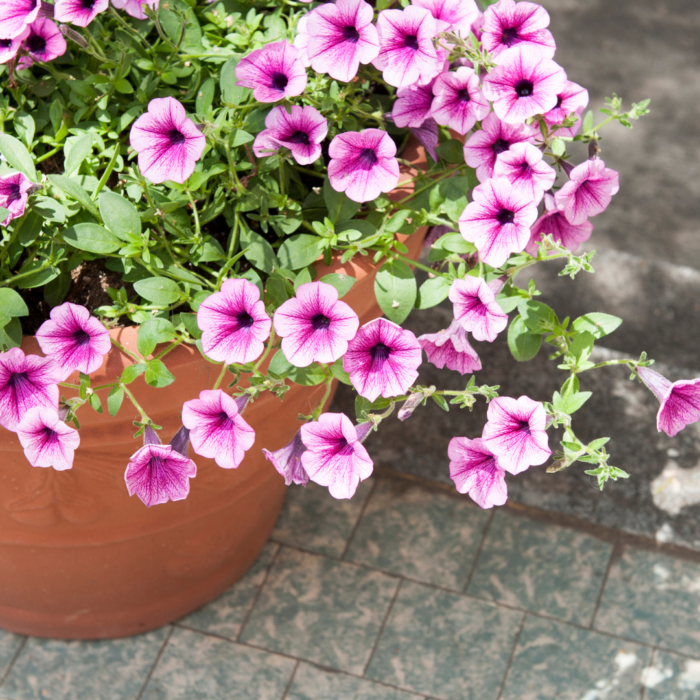
Petunias
A colourful and safe option.
Plants to Avoid
While some plants are gorgeous, they can be dangerous for pets. Here are a few to steer clear of:
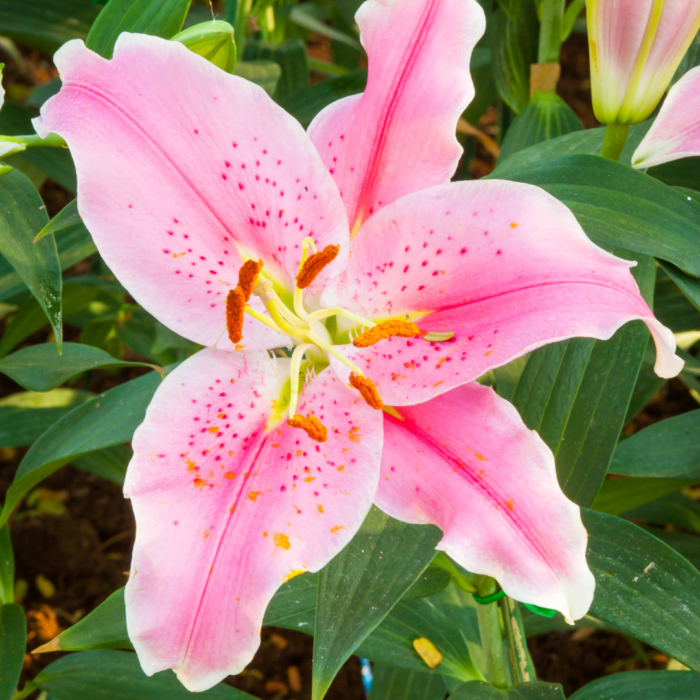
Lily (All Varieties)
- Toxic to: Cats (highly toxic, causing kidney failure even in small amounts).
- Mildly toxic to: Dogs (can cause stomach upset).
- Humans: Generally safe unless large amounts are consumed, but can cause mild stomach upset.
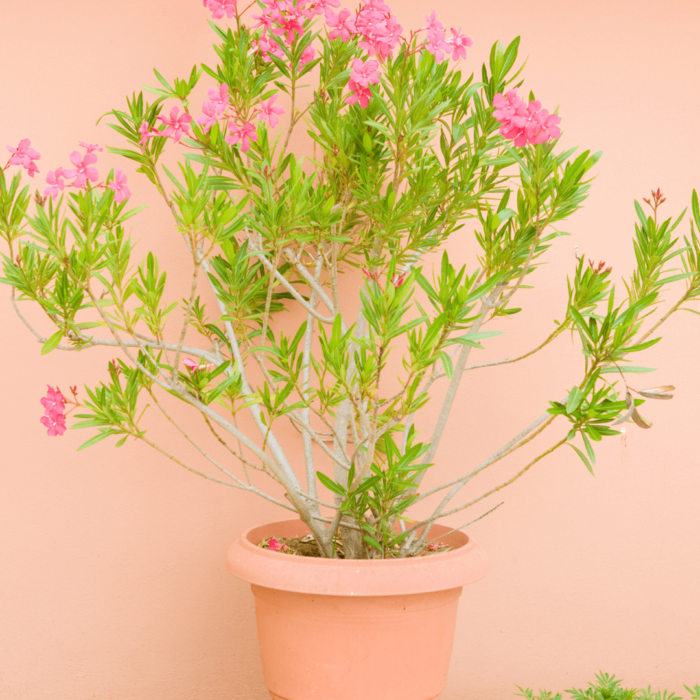
Oleander
- Toxic to: Cats, Dogs, Horses, and Humans (contains cardiac glycosides that can cause severe heart issues, vomiting, and even death).
- Severe risk: Even small amounts can be fatal.
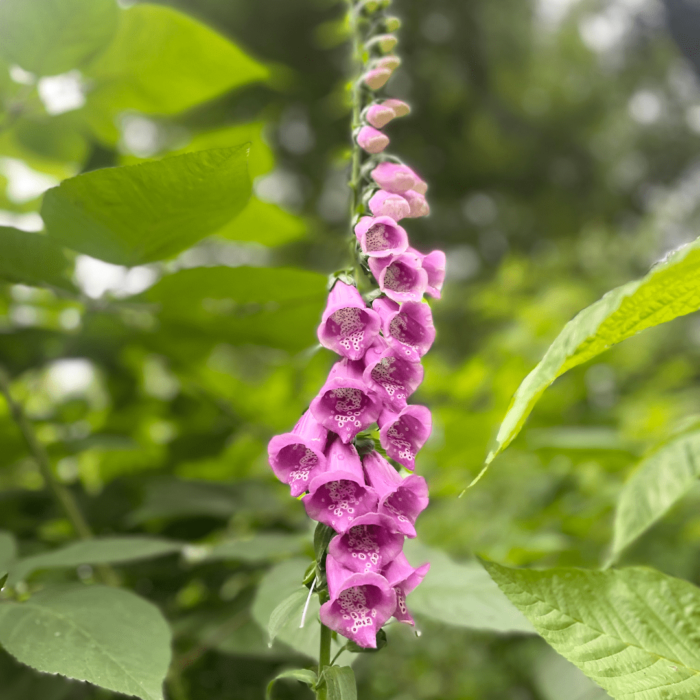
Foxglove
- Toxic to: Cats, Dogs, Horses, and Humans (contains digitalis, which affects the heart and can cause vomiting, diarrhoea, and potentially fatal heart issues).
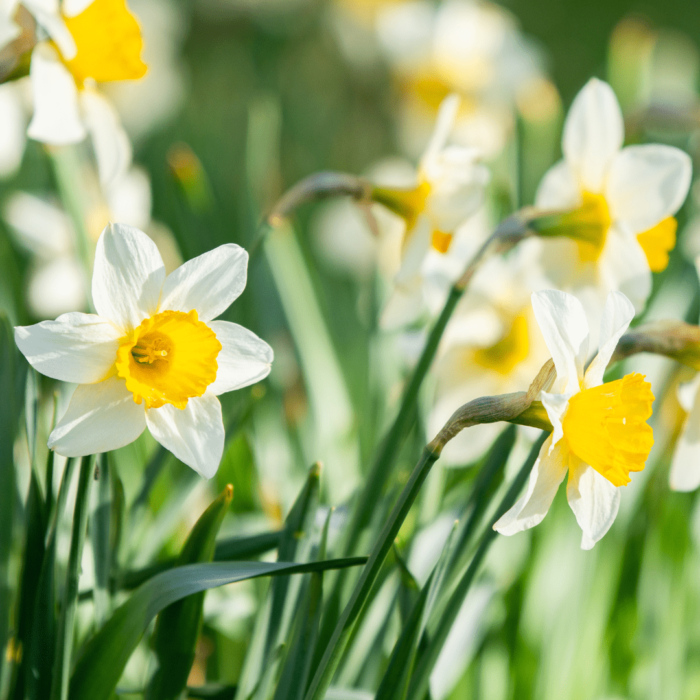
Daffodils
- Toxic to: Cats, Dogs, and Horses (can cause vomiting, diarrhoea, and abdominal pain; bulbs are the most toxic part).
- Humans: Can cause vomiting and stomach upset if ingested.
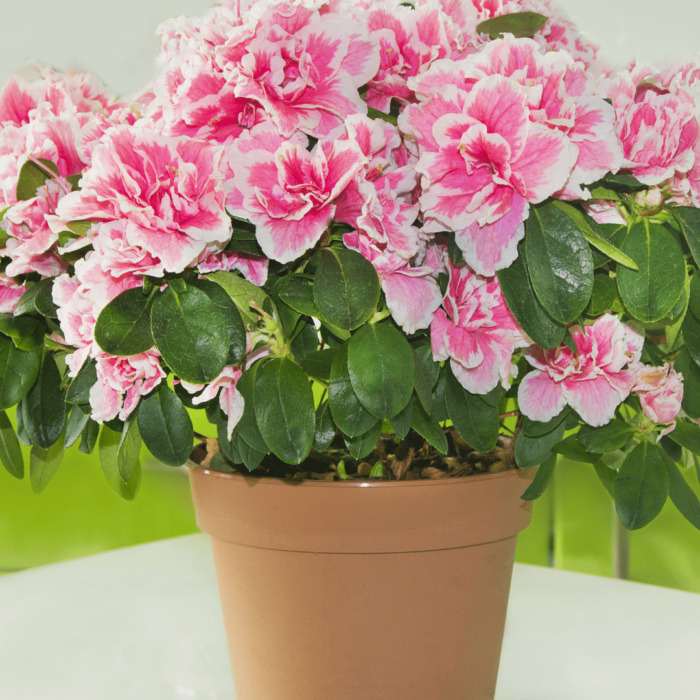
Azaleas and Rhododendrons
- Toxic to: Cats, Dogs, Horses, and Humans (contain grayanotoxins, which can cause vomiting, diarrhoea, drooling, and even life-threatening heart issues if ingested).
- Humans: Can be toxic if consumed.
Additional Pet-Friendly Gardening Tips
- Create a Designated Digging Zone: Dogs love to dig! If your pup is prone to ruining your flower beds, consider setting up a specific area with loose soil or sand where they are free to dig to their heart’s content.
- Use Pet-Safe Mulch: Avoid cocoa mulch, as it contains theobromine, which is toxic to dogs. Opt for pine, cedar, or untreated wood chips instead.
- Fence Off Dangerous Areas: If you grow vegetables, be mindful that some, like onions, garlic, and tomatoes (especially unripe ones), can be harmful to pets. Use fencing to keep these plants out of reach.
- Provide Shade and Water: Make sure your garden has plenty of shady spots where your pets can cool off and always keep a fresh water source available.
- Choose Natural Pest Control Methods: Chemical pesticides and fertilisers can be harmful to animals. Opt for organic, pet-safe alternatives like neem oil, diatomaceous earth, or companion planting to keep pests at bay.
Creating a space that is both stunning and pet-friendly is entirely possible with a little planning.
By choosing the right plants and incorporating pet-friendly practices, you can enjoy a thriving indoor and outdoor environment where your furry companions can roam freely and safely.
To see our full spectrum of knowledge, click here!



